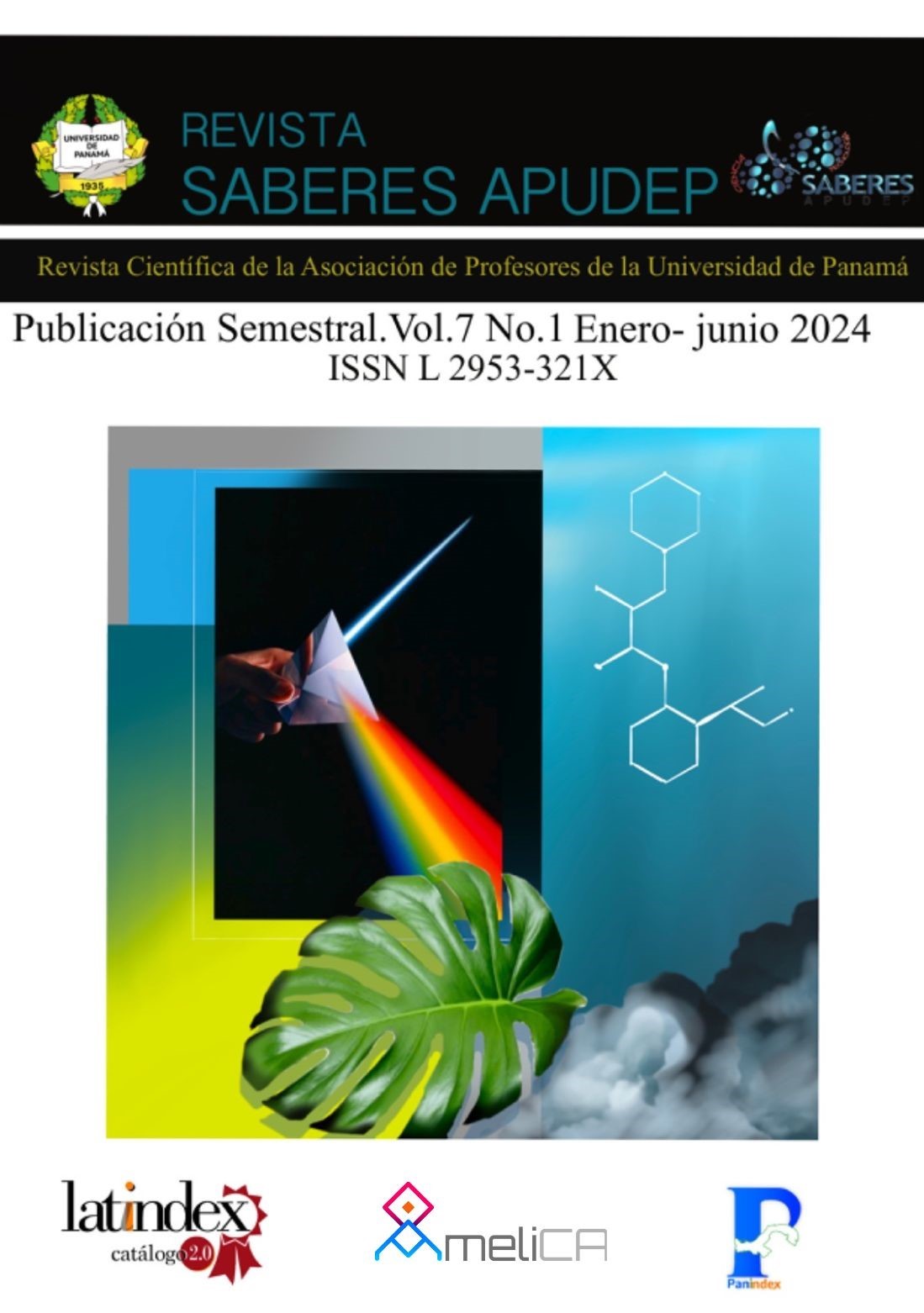

Copyright (c) 2024 Revista Saberes APUDEP

This work is licensed under a Creative Commons Attribution-NonCommercial-ShareAlike 4.0 International License.
The popularity of the virtual learning platform, in the teaching-learning processes in higher education, is directly related to technological innovation. E-learning through ICT (Information and Communication Technology) provides the opportunity to create an interactive, efficient, and accessible learning environment designed with educational technology. In this way, the virtual platform is not only about taking some subjects and submitting tasks or papers, but it is about a combination of resources that will allow the student to obtain quality learning. In the virtual learning environment of Higher Education, the use of virtual platforms is becoming more and more popular. This resource requires that teachers have professional skills and digital skills that promote the construction of knowledge from different scenarios and real contexts to the situation in which we live. This new educational paradigm requires the transformation of didactics, in which they critically evaluate the learning performance of students and not simply the accumulation of information. For this research, a descriptive study will be carried out to determine how virtual platforms influence as a didactic strategy in Marketing students of the Aguadulce Extension. Students of the bachelor’s degree in marketing, Promotion and Sales Administration are included, with a total of 81 students. They were surveyed through a questionnaire virtually using the tool (Google Forms, 2022). The analysis of the results showed that the importance of the use of virtual platforms, 90.1% of the respondents stated that virtual platforms are important for the teaching process, however 9.9% indicated that they are not important.